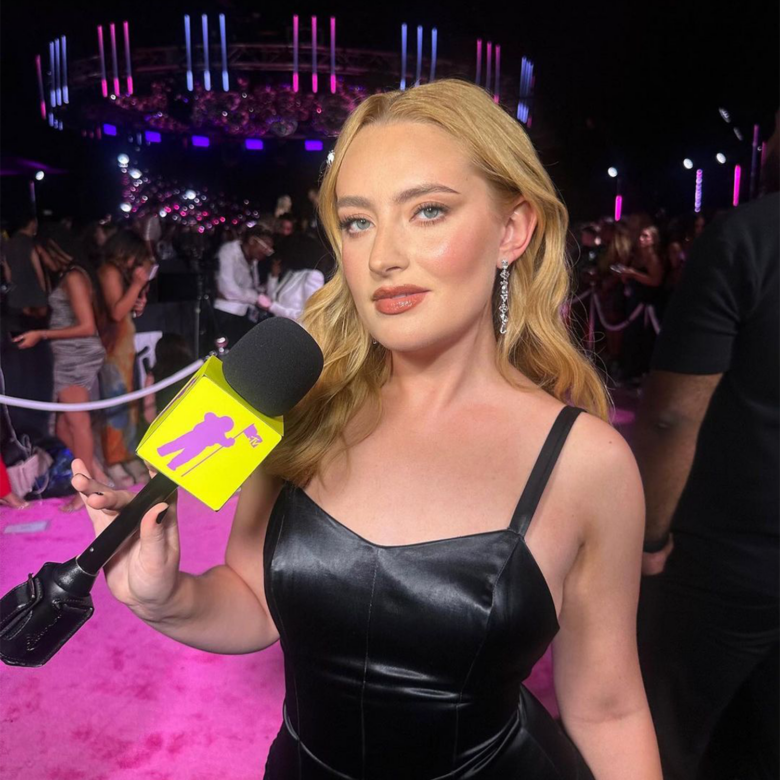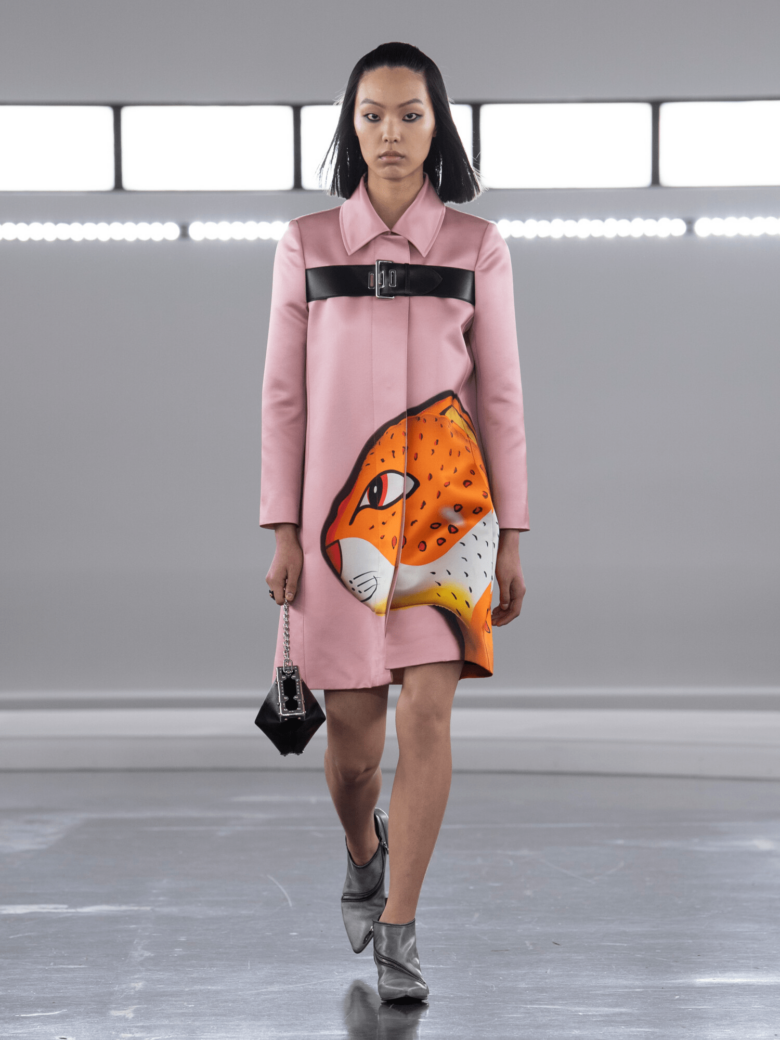Opening Up The World: Eliza Hatch
If you’ve having a bad day, one thing is guaranteed to make it even worse: a man on the street earnestly recommending that you “cheer up”. This type of infuriating incident – often the tipping point for much more insidious behaviour – is what inspired photographer Eliza Hatch to launch Cheer Up Luv, a photojournalism project and podcast creating a safe space for people of marginalised genders to discuss experiences of public sexual harassment.
A self-taught image-maker, Eliza also freely admits to being DIY with her politics. “I’m the first one to say that I’m a feminist in progress,” she says. “I didn’t enter this profession as a perfect, polished activist, I’m learning on the job.” While she sees her own work as a bit rough around the edges, she has been recognised as an important voice fighting to end street harassment and has been invited to speak at Cambridge University, with her photography appearing everywhere from Colombo to Berlin.
Going out onto the streets to photograph survivors in places where their harassment took place, a process intended to help them reclaim the experience, Eliza believes in tackling issues head-on. This, she feels, is in direct opposition to the capitalist-friendly, commodified feminism that rears its head every International Women’s Day, leaving a trail of #Girlboss T-shirts in its wake. “We need more than a hashtag and a feminist branded T-shirt,” she says. “We need to engage people in the conversation at some level, but it needs to progress further than branding and marketing to make a real difference.”
So, what conversations do we need to be having? When it comes to cis men, Eliza thinks it’s a matter of listening rather than talking. “[Cis men] should speak to their female friends and ask what their day-to-day experience is like,” she says. “A day in someone else’s shoes can make you question some of the things you take for granted.”
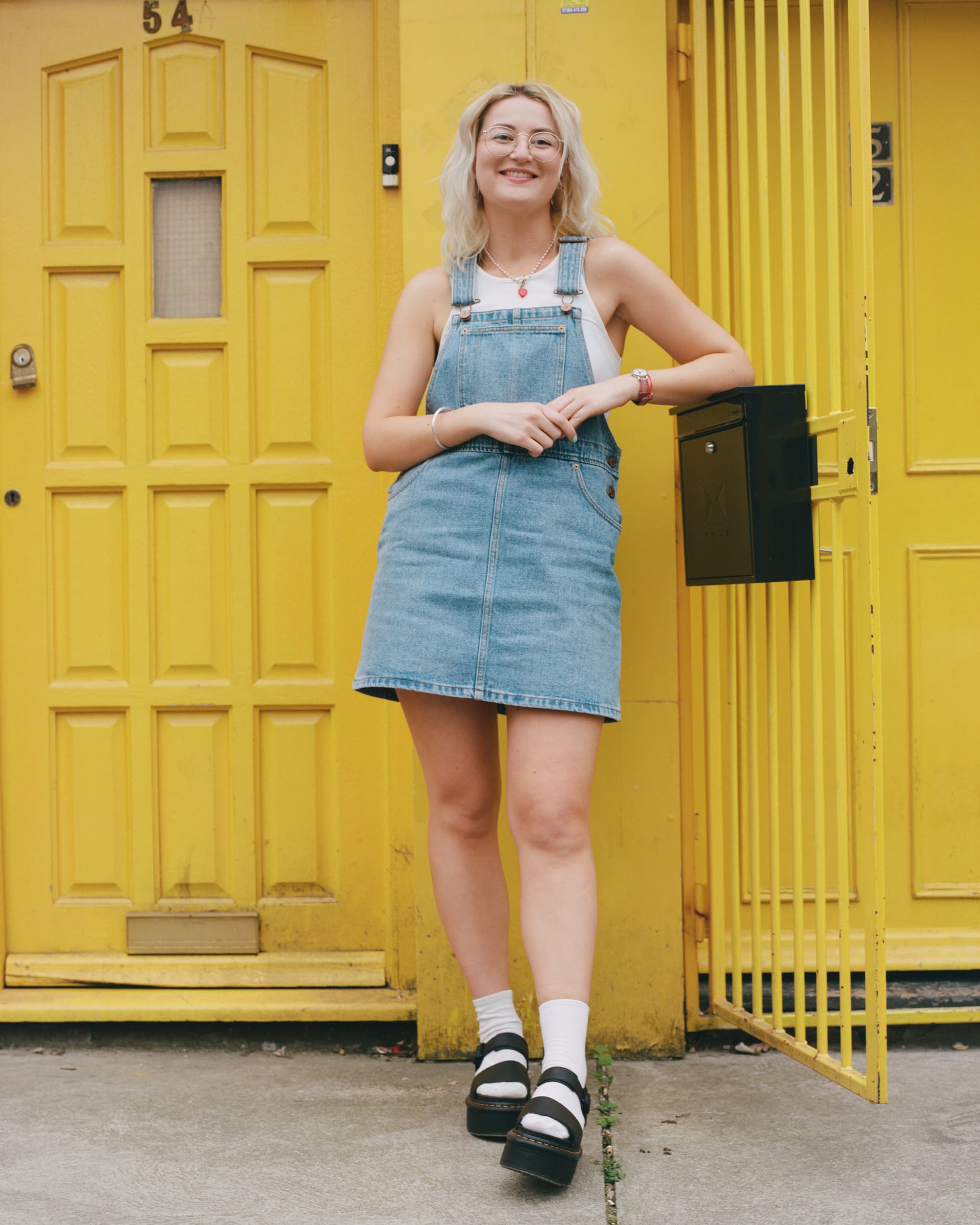
When did you discover photography and who are your main influences?
I first discovered photography as a hobby when I was a teenager, and distinctly remember the excitement I felt walking around a Tim Walker exhibition when I was very young, as well as getting lost in the soft focus pastel world of Tumblr and Rookie Mag, like many other girls my age. Later on, I became the annoying friend to whip out the compact digital camera at every social occasion. Despite this, I somehow never put two and two together, and the thought of pursuing photography as a career didn’t cross my mind until well after graduating. I felt quite lost while studying Illustration at Brighton, and loved watching heart-achingly bitter sweet teen dramas like Sugar Rush, My So Called Life and Freaks and Geeks, with my sketchbook references darting from Miranda July, to Jim Henson, Martin Parr, Faith Ringgold and Grayson Perry.
What did you do after graduation?
I was always interested in a mixture of craft, set design, film, photography and fine art, so after graduating, I ended up working in art department for TV & Film, which I loved, but felt the need to create something for myself. Between jobs, I picked up a point and shoot film camera, and began taking the photos which would turn into my series @CheerUpLuv. I taught myself photography from that point onwards, and I’ve definitely felt out of my depth at points. I have to pinch myself whenever I sense the creeping feeling of doubt and imposter syndrome sinking in, because there’s just no point comparing yourself to other people, no mater how temping that might be with social media.
Tell us more about how Cheer Up Luv came about?
In January 2017, I started taking portraits of my friends in public places, and asked if they’d ever experienced street harassment. I was surprised by their responses, and even more surprised that they were willing to have their photo taken. This all came about after a man walked past me in the street one day and shouted, “Cheer up love!” It wasn’t the first time I’d heard that phrase, and certainly not the worst form of harassment I’d ever experienced, but it was the first time I reacted to it differently. Usually after being ordered to, “give us a smile”, I would brush it off and walk away. And I use the word “ordered”, because it’s a command, not a compliment. This time, it really stuck with me, so I started to question why exactly that was. After a sexual harassment story swapping session with some of my friends, and noting my cis straight male friends’ shock, disbelief and dismissal of our experiences, I realised there was a huge lack of awareness surrounding the topic, which made me want to do something about it.
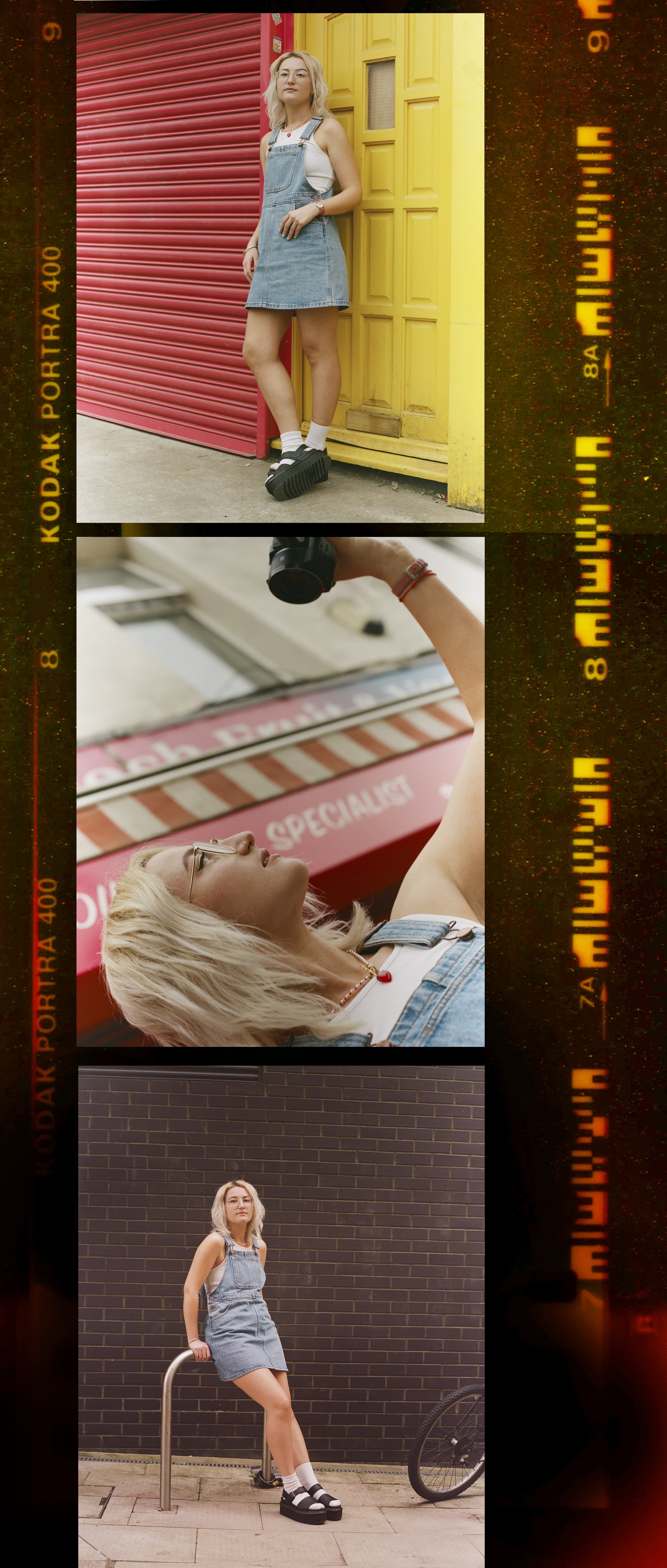
How has the project changed from that initial lightbulb moment?
Nearly four years later, in addition to being a photo series focused on retelling accounts of sexual harassment, @CheerUpLuv has grown into an intersectional feminist platform that hosts a podcast, workshops, talks and aims to raise awareness about all forms of sexual violence. There’s still so much confusion surrounding what should be a very straight forward issue, so I wanted to create a space where we can have the conversations that still need having.
Tell us about your decision to expand Cheer Up Luv into podcasting? I know it came partly as a response to not being as free to photograph individuals in situ due to the pandemic and lockdown restrictions at different points of the year.
It felt like a natural transition, despite being unnaturally nudged into existence by a global pandemic. I had been thinking about starting a podcast in 2019, but I definitely needed to be locked inside my room with nothing else to do in order for it to properly materialise. During the pandemic, I had to completely re-evaluate my working practice, so real-life shoots morphed into FaceTime shoots, and talks transitioned onto Zoom. I wanted to explore different ways of storytelling, and channel the conversations I was having on social media into a new medium, so starting a podcast seemed like the perfect way to do that.
I also felt passionately about challenging how we navigate certain topics in our everyday lives. Too many issues today become sensational clickbait, and polarised by the public, before we really get a chance to discuss them. This happened with #MeToo, and continues to happen with issues like race, gender, politics and feminism. I wanted to create a space reflective of Cheer Up Luv, where we can openly discuss these issues, and break them down in an informal and open way, whilst myth-busting and tackling stigmas that are normalised in our day to day lives.
You touched on one of the reasons there, but why is it so important for you to do work offline, in addition to your work raising awareness on social media?
If this past year has shown me anything, it’s how much I yearn for real life interactions. Most of my work and messaging is communicated through social media, and that’s been heightened by the pandemic, but if It hadn’t been for the in-person shoots and connections I’ve made through doing the photo series, I would have definitely found it hard to keep up the momentum for so long. Communicating through social media is really important and, don’t get me wrong, Cheer Up Luv would not be what it is today without it but, for me, having those conversations and interactions face to face is crucial for not only maintaining your mental health but for putting your words and online activism into action.
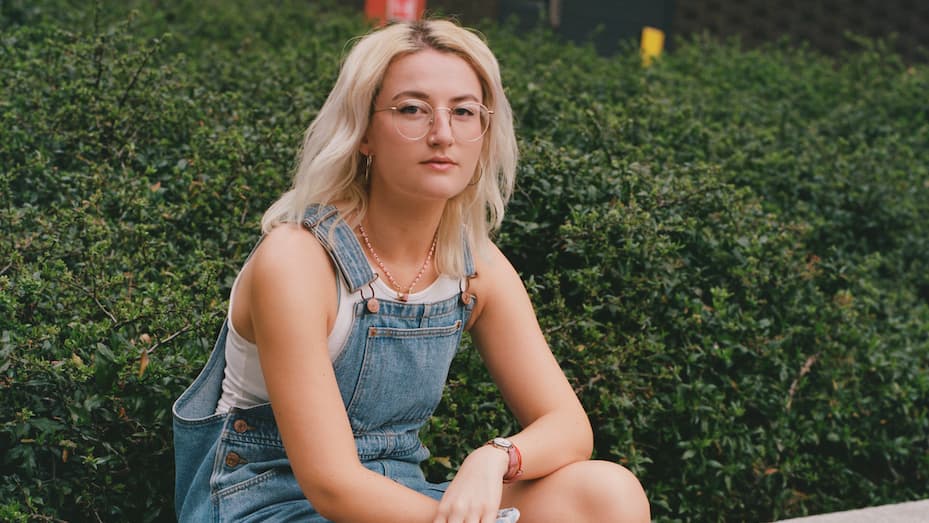
More generally, are there any misconceptions about activism that you’d like to clear up?
There is an expectation that you know what you’re doing and that you know it all. The reality is that we’re all learning as we go and I for one am learning on the job. I didn’t come into this profession as a perfect, polished activist. I’m the first one to say I’m a feminist in progress and that some days I feel like I don’t know what I’m doing. I spend every day trying to learn from my community and learn from other people because I didn’t have a background in this whatsoever and I always have a sense of imposter syndrome surrounding what I do.
Following on from that, what’s a piece of advice that you would give to other people who want to become involved in activism?
If you are planning on going into this or look up to people who are in this field, just know that no-one is a gatekeeper of all the information, no-one knows everything. We’re all just learning from each other and trying to make a difference together.
In recent years there’s been a real explosion in mainstream interest in feminism, with a corresponding boom in feminism-themed themed t-shirts and the like. Does this kind of visibility represent real change or a commodification of feminism?
To make real change, we need more than a hashtag and more than a feminist branded t-shirt. We need to engage people in the conversation at some level, but it needs to progress further than branding and marketing to make a real difference.
Finally, what’s one conversation that all cishet men should be having with their friends?
They should speak to their female friends and all of their friends who have a different lived experience to them about what their day-to-day is like. A day in someone else’s shoes can make you question some of the things you take for granted
Follow Cheer Up Luv and Eliza Hatch on Instagram. Check out the Cheer Up Luv podcast here.
